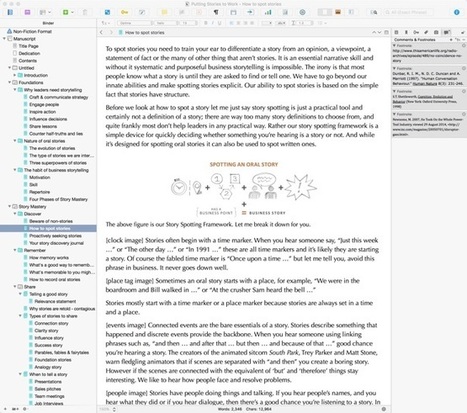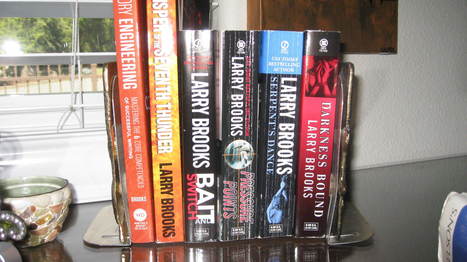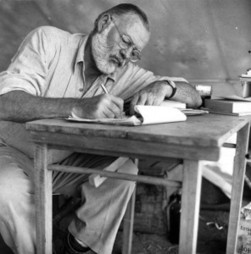I’m often asked how I wrote Putting Stories to Work. People want to know about the writing process and how I did the research. I had similar questions before I started including, How many words do I need to write? How many chapters should it be? What’s the best word processor? So in this post I want to share with you what I learned.
First let me describe the type of book I wanted to write. First and foremost it was important the book was replete with stories. It’s a capital offence to talk about storytelling and not tell a story. I also wanted it to be a practical book, a bit like David Allen’s How to Get Things Done. It was important that it was research based. I didn’t want to just say, for example, that stories are memorable without pointing to research that backs up my statement. I also wanted to share this research as stories of the experiments. This meant I was on the hunt for experimental research rather than theories. I read a lot of business books and I was inspired by Adam Grant, Malcolm Gladwell, Dan Pink and the Heath brothers, to name a few.
Research and publish the best content.
Get Started for FREE
Sign up with Facebook Sign up with X
I don't have a Facebook or a X account
Already have an account: Login
Social marketing, PR insight & thought leadership - from The PR Coach
Curated by
Jeff Domansky
 Your new post is loading... Your new post is loading...
 Your new post is loading... Your new post is loading...
|
|













Shawn Callahan shares his writing process for his recent book on storytelling. If you're planning a book, it's worth reading.